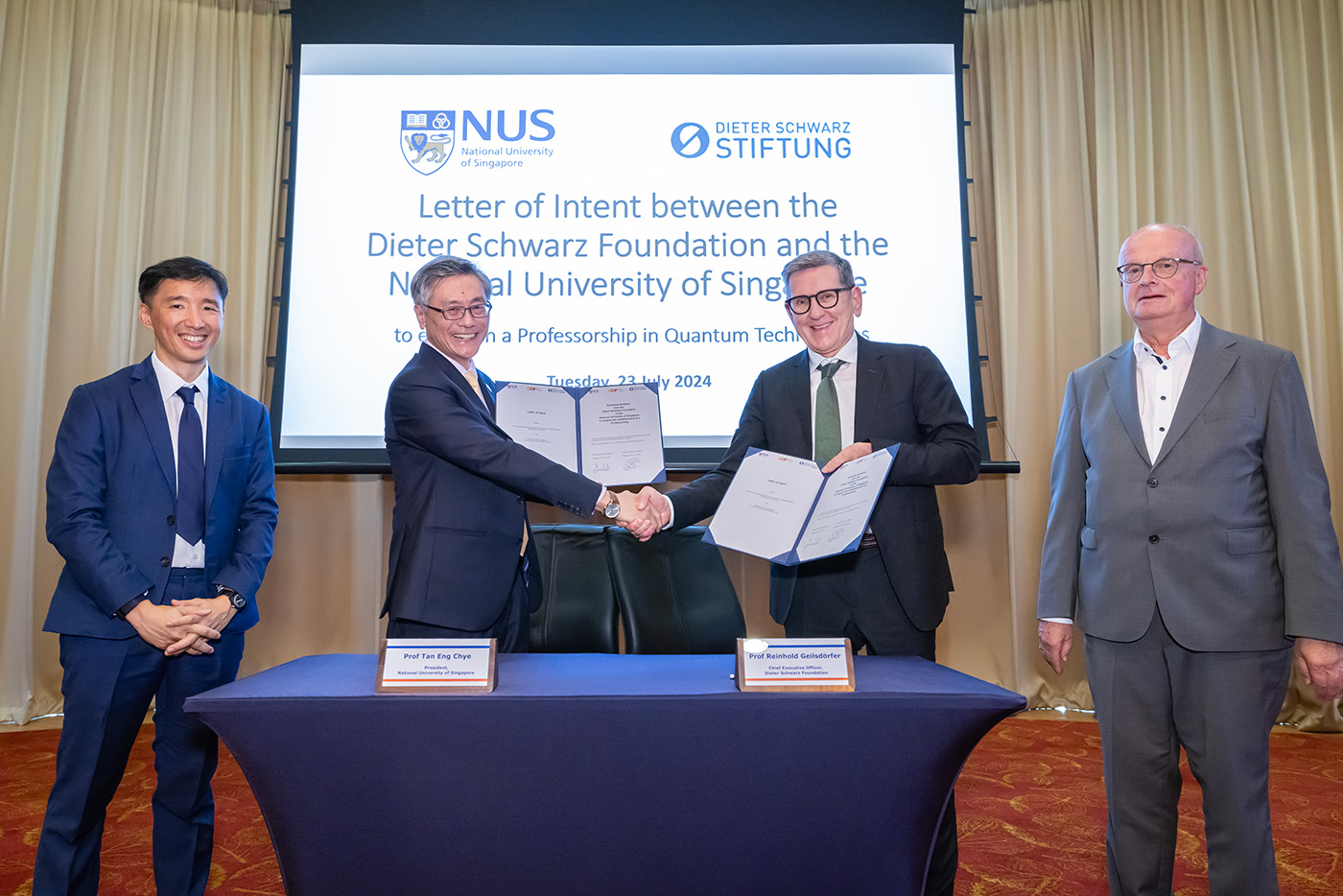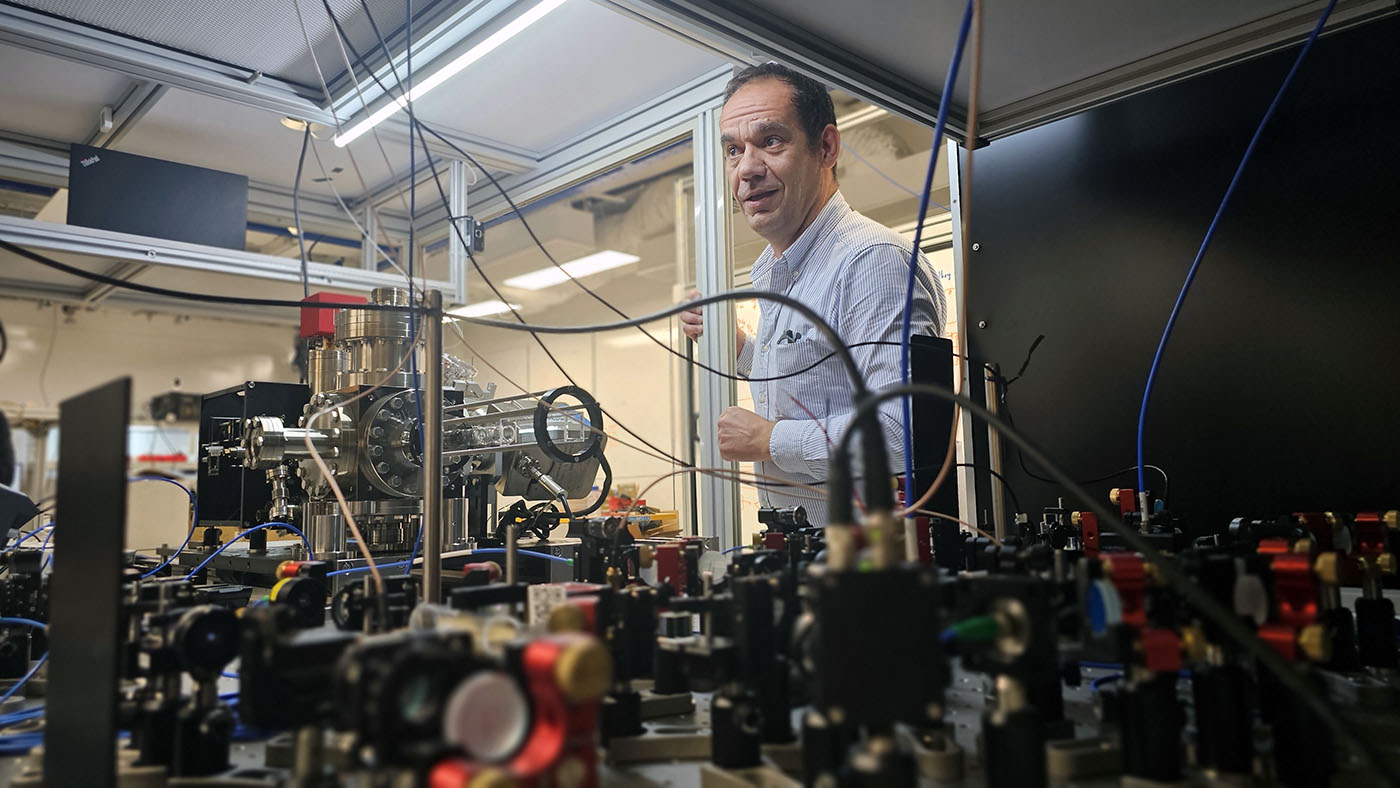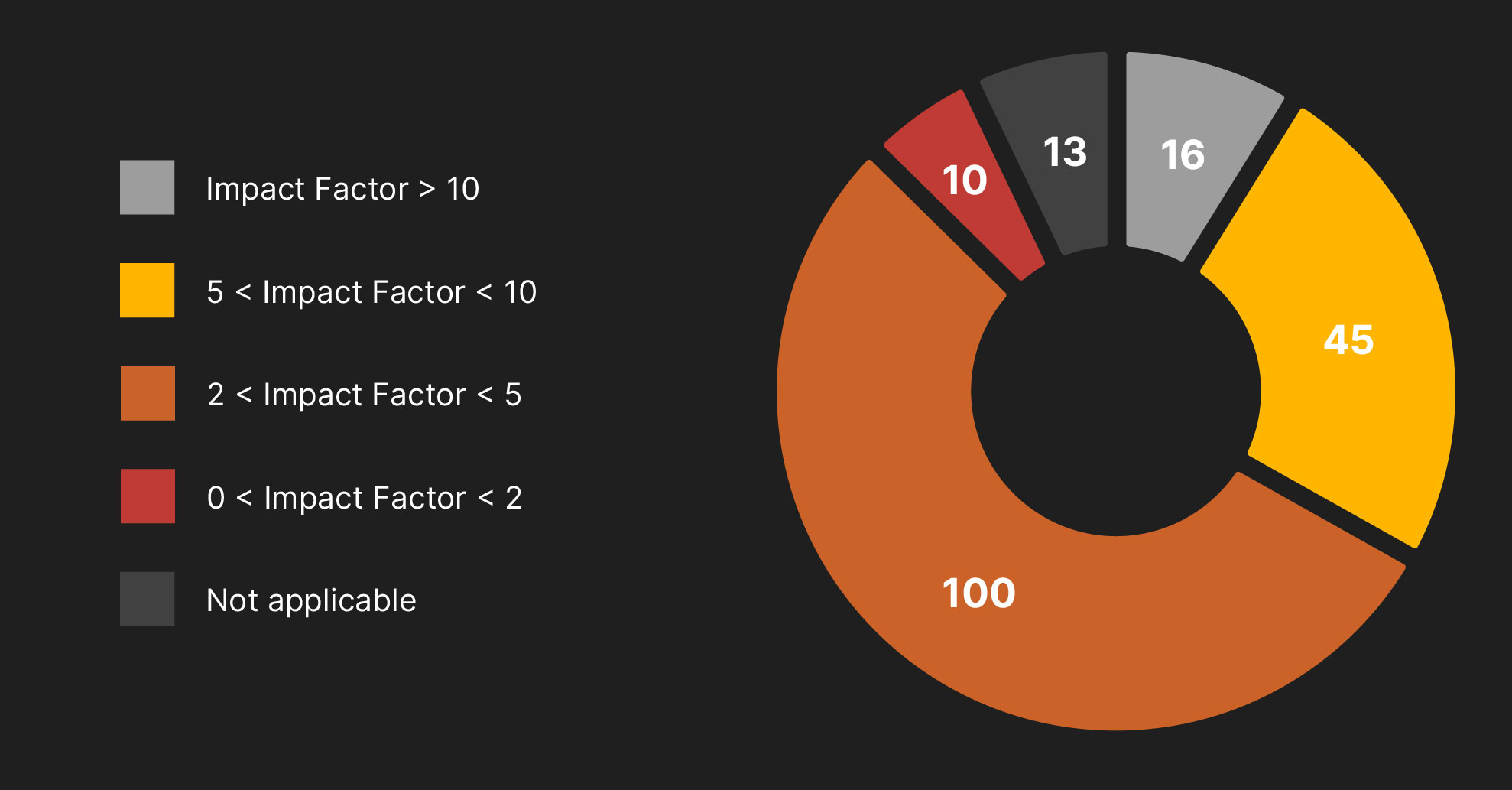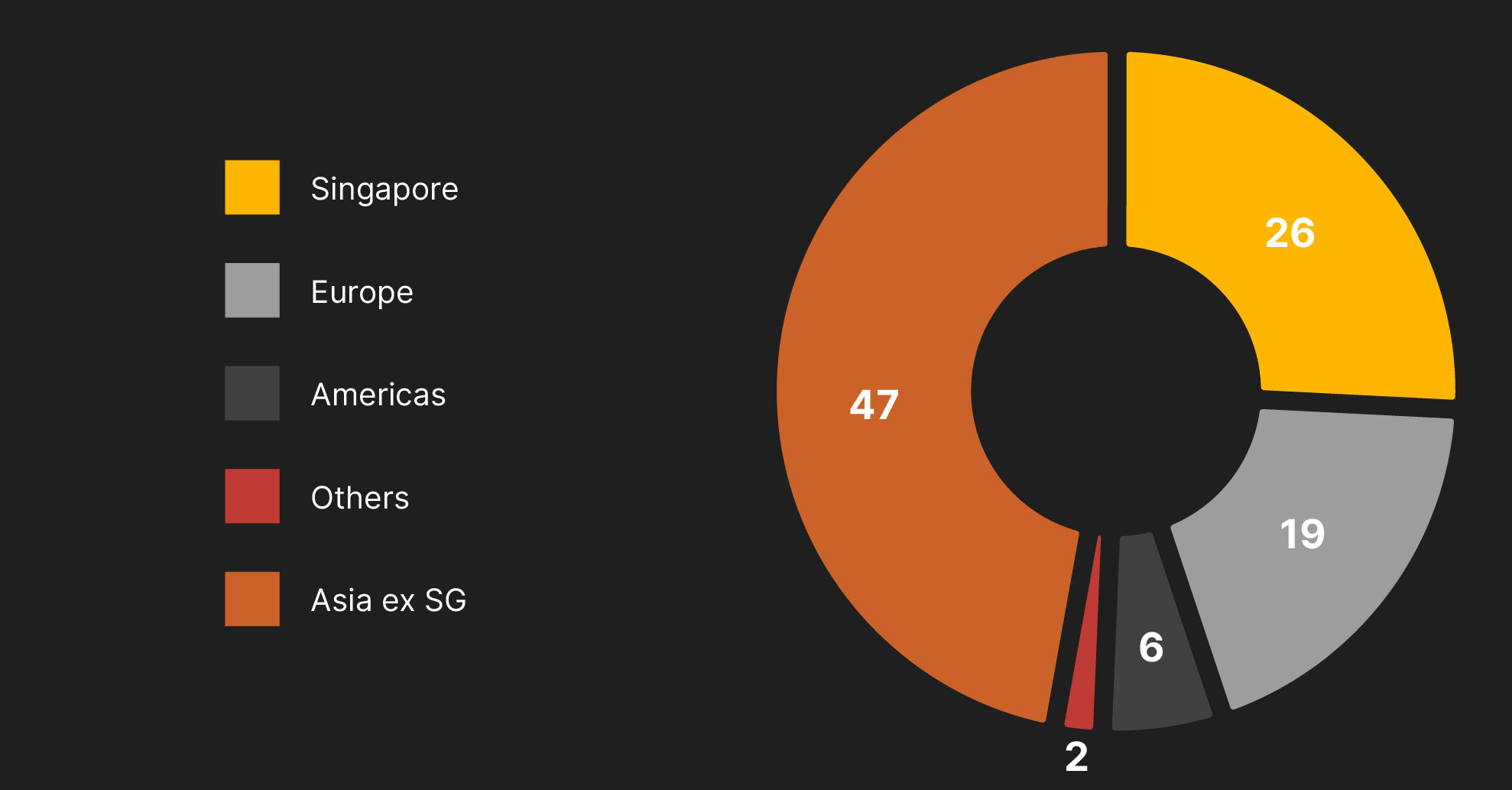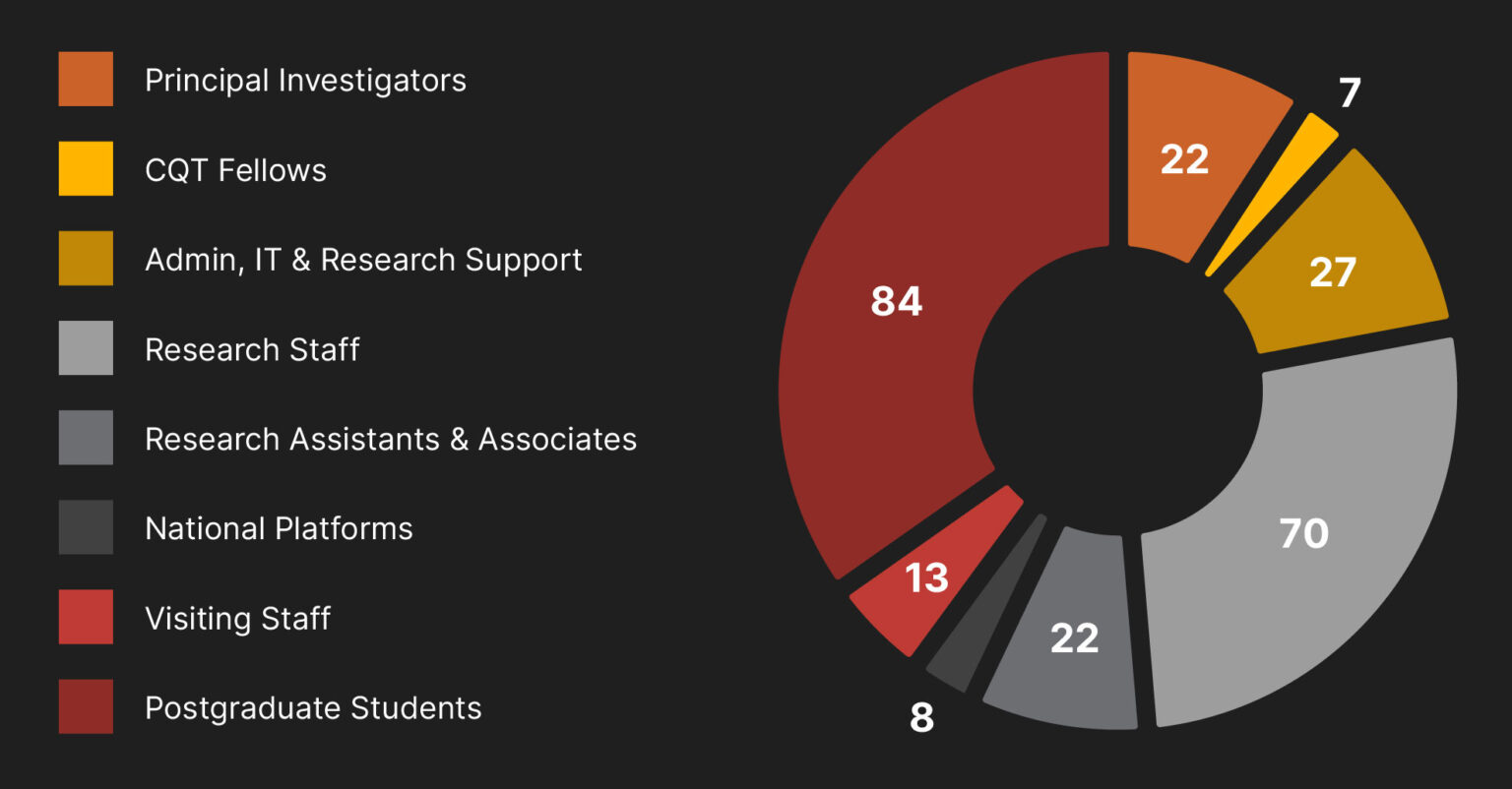CQT’s Alexander Ling appointed as Dieter Schwarz Foundation Professor
The Professorship in Quantum Communication and Security will fund activities in research, translation, education and outreach
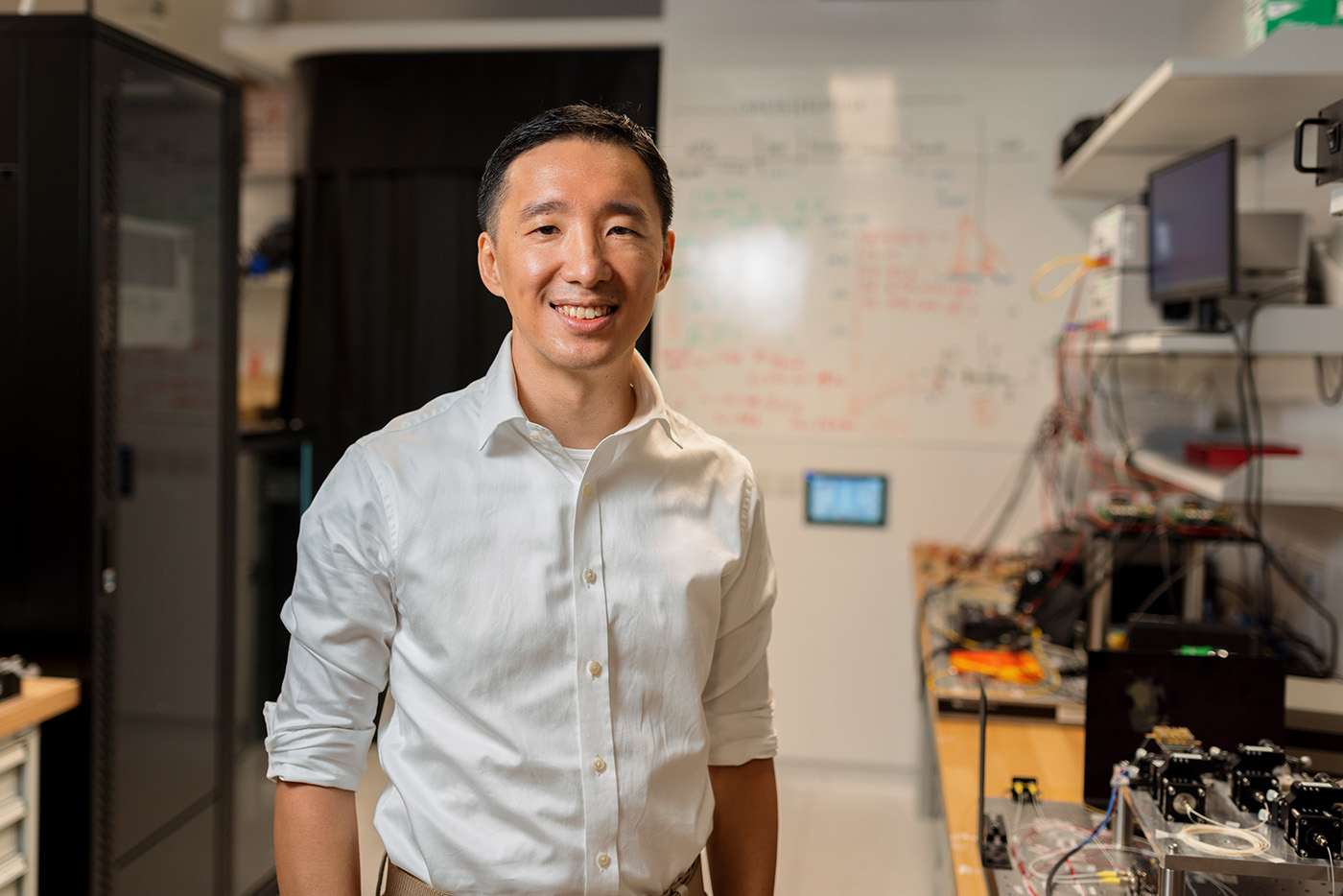
As the Dieter Schwarz Foundation Professor in Quantum Communication and Security, Alexander Ling plans to develop hardware and control methods for achieving long-distance entanglement.
CQT Principal Investigator Alexander Ling has been appointed as the Dieter Schwarz Foundation (DSF) Professor in Quantum Communication and Security at the National University of Singapore (NUS). The Professorship is enabled by a generous gift from the DSF to NUS.
Alexander will hold the DSF Professorship for two years from 1 June 2025 alongside his existing appointment as Professor in the NUS Department of Physics. He receives funds for research into the foundations of quantum communication, networks and security.
NUS and the DSF announced their partnership this year in February. Besides establishing the research programme at CQT, DSF’s gift to the University will support an exchange programme to strengthen collaboration with partner universities such as the Technological University of Munich (TUM).
Generous gifts
Established in 1999 by German entrepreneur Dieter Schwarz, the non-profit charitable Foundation is dedicated to promoting education and science. Its guiding principle is to “promote education, share knowledge, venture future”.
In 2024, the Foundation also made a gift to the Nanyang Technological University, Singapore (NTU), to establish the Quantum Sovereignty and Resilience programme. At NTU, CQT Principal Investigator and NTU Professor Weibo Gao was appointed as the Dieter Schwarz Endowed Professor in Quantum Sovereignty and Resilience.
The endowed positions support the research leaders to extend their vision for the development of quantum technologies in these chosen areas.
For communication and security
Under his new appointment, Alexander plans to develop hardware and control methods for achieving long-distance entanglement over fibre and free space. One objective is to build a network linking the different kinds of matter qubit systems available in Singapore with integrated quantum memories.
His group has a strong track record in quantum communication. The team successfully launched and tested a quantum entanglement light source in space in 2019. Following the deployment of the SpooQy-1 satellite, the group is working with spin-off company SpeQtral on the upcoming mission SpeQtral-1 that will establish links between the satellite and an optical ground station.
Alexander is also the lead Principal Investigator of Singapore’s National Quantum-Safe Network (NQSN), a testbed for the deployment of quantum-safe communication technologies. The research into quantum network technology will build on the infrastructure that has been established through NQSN.
